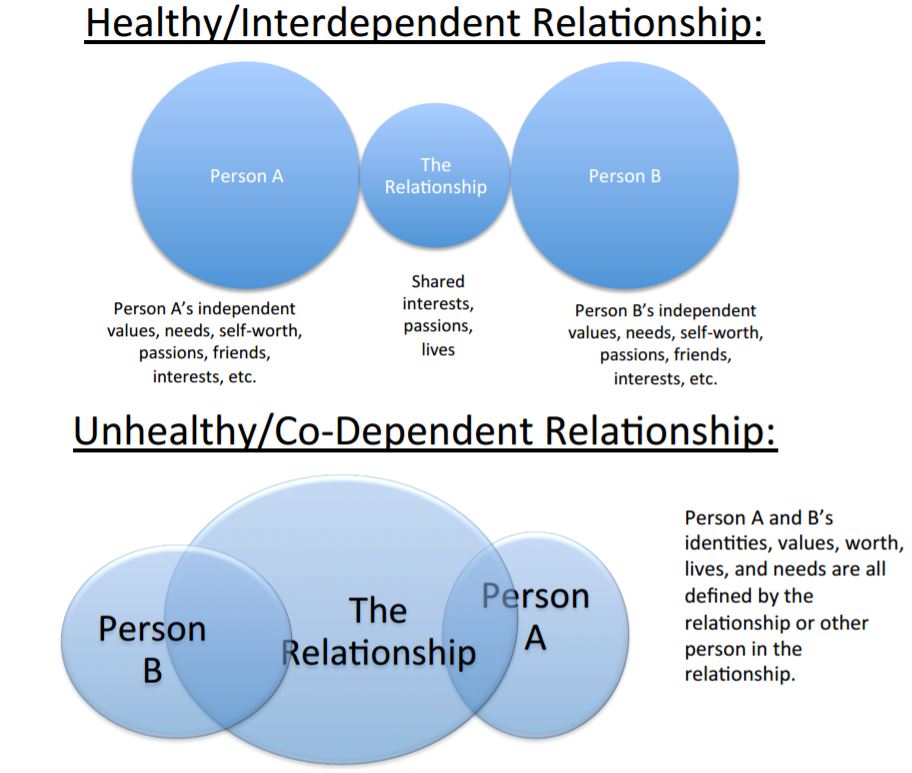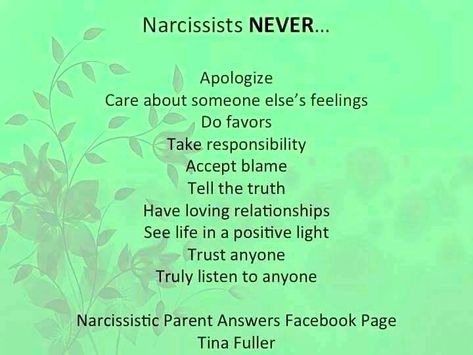How does a borderline react to no contact
After No Contact with BPD - Relationship Coaching
Ripping yourself off of a relationship with someone with Borderline Personality Disorder can feel like you’re ripping off your arm.
If you’ve agreed to start no contact, it’s likely been a really difficult process. To put things lightly.
But let’s say you’ve stuck with it – you’ve taken the advice. You’ve cut off contact, you’ve only spoken to them if they’ve spoken to you while being as brief as you can, all of it.
First off, fantastic! That’s a really difficult thing to do, speaking from experience!
…but what now?
Where do you go from there, then?
It’s a good question, one I’ll dive into here in this article.
So about positive signals…
There’s something I want to address as quickly as possible.
A lot of people are under the impression that a positive sign is an automatic fallacy.
Lots of times, I’ll be in a call with someone who’s getting a genuinely good sign from their ex that they are thinking of them.
It starts off sort of small – I’ll touch on why that is a little later into the article – but there is undeniable proof the person I’m talking to is on their ex’s mind.
It could be as small as, maybe the ex reached out to a family member of theirs.
Maybe they’re liking your posts again.
Are they small acts? Yes, but at the same time, they aren’t in a way.
No matter how impactful, they’re showing they are thinking of you again.
Why would they go out of your way to interact with aspects of your life specifically if they were totally done with you?
It doesn’t make sense to if they aren’t.
Anyone who’s done with a painful relationship they want nothing to do with anymore will do whatever is in their power to totally and utterly distance themselves from you.
Otherwise, it’s just going to make getting away from you all the more needlessly difficult.
If you’ve been trapped in an abandoned house for months, desperately trying to get away with your life and go get help, you aren’t gonna go back and jiggle the handle once you’re finally free.
People want to interact with as little aspects of you as they can if they’re truly sick of you.
So, no, them liking a post here and there, reaching out to a friend or family member, or asking you directly about something anyone else could get the answer to isn’t exactly a love confession, it isn’t nothing.
Even still, most people I talk to try to ignore signs like this.
And, I get it. Believe me, I more than get it.
The beginning of a relationship with Borderline Personality is beautiful, strong and addictive.
But if you’re doing no contact, things clearly didn’t go as planned for either of you, despite what was an attraction words would alone struggle to describe.
So it’s understandable why you would trust any signs anymore.
But again – small signs mean big things. Don’t lie to yourself.
It’s commendable to be willing to put down positive feelings for the sake of reality.
But if reality is telling you something positive, like they’re thinking of you, you aren’t doing anything but tormenting yourself.
But if they really do miss me, why aren’t they just saying that?
Admittance is a painful thing.
I don’t mean they’re just being shy, that might be a factor, but I promise it isn’t the main one.
Chances are, during the break up, you begged and pleaded to get them back. But talking someone with BPD out of a breakup is like telling them not to breathe air.
BPD is very impulsive and reactionary, and it is nearly impossible to fight off. They feel like they won’t be able to accomplish anything until they’ve gone through with what they’ve convinced themselves they need to do.
So if you did plead to get them back, they probably have reaffirmed multiple times how sure they were of the breakup.
They probably said things that they hoped would absolutely solidify to you that it just can not work. They may have even screamed and cussed at you to just get away from them.
So knowing all of that; it would be extremely difficult for them to admit they miss you.
By doing that, confessing they are having seconds thoughts, it’s like admitting defeat.
They were wrong. And they were wrong about not only you, but how they felt about everything.
Admitting you’re wrong is a difficult thing to do for a lot of people, and the same goes for Borderline Personality.
It’s hard to just come right out and admit they want you back, and risk the shoe being on the other foot.
It’s much easier to test the waters.
By prodding different parts of your life to see how you react, they see how receptive you are to having them back.
It’s sort of cowardly, but at the same time, it’s reasonable.
So no, you aren’t overreacting to positive signs.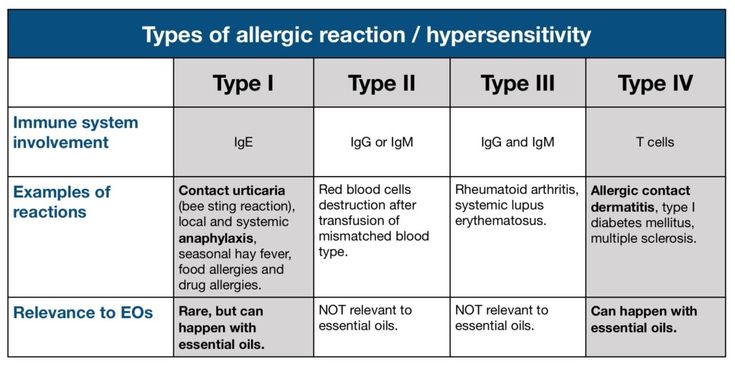 You’re seeing progress.
You’re seeing progress.
If you don’t want them back, take satisfaction that they’re trying to see how important they still are to you.
If you do want them back, step back, and ride out the wave.
Keep doing what you’ve been doing. Be receptive, but not too warm.
If you keep up your momentum, they’ll eventually get over that hurdle of ego because they just want you that badly.
The tough part is waiting.
How does a borderline react to no contact?
No contact is often perceived as abandonment. A person with BPD will likely feel hurt, betrayed, angry, sad, depressed…you name it. Look no further than the very first symptom of Borderline Personality Disorder according to the DSM: Frantic efforts to avoid real or imagined abandonment.
Takedown request | View complete answer on quora.com
Do borderlines come back after no contact?
Sometimes people with BPD return after no contact, but it's important to remember that this doesn't mean the relationship will automatically work out.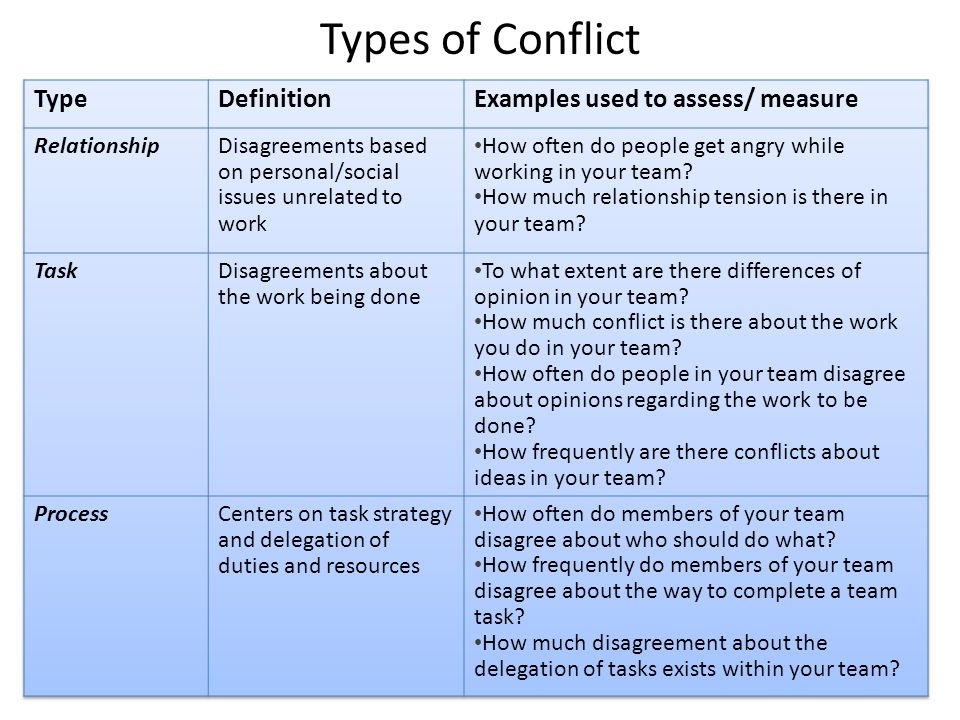 The best way to rebuild a relationship with your BPD ex is by starting fresh and focusing on your own needs.
The best way to rebuild a relationship with your BPD ex is by starting fresh and focusing on your own needs.
| View complete answer on bpdaid.com
Is no contact best for BPD ex?
If they tell you that having less contact with you than when you were previously in a relationship is causing them pain, then it may be best to go no contact. On occasion, a BP might actually initiate no contact. If that happens, accept that this is what they have deemed this necessary for their healing.
Takedown request | View complete answer on medium.com
How do borderline people react to being ignored?
People with borderline personality disorder often feel abandoned and neglected and may react angrily or impulsively when they feel ignored. If you have a loved one with borderline personality disorder, it is important to be aware of the dangers of ignoring them.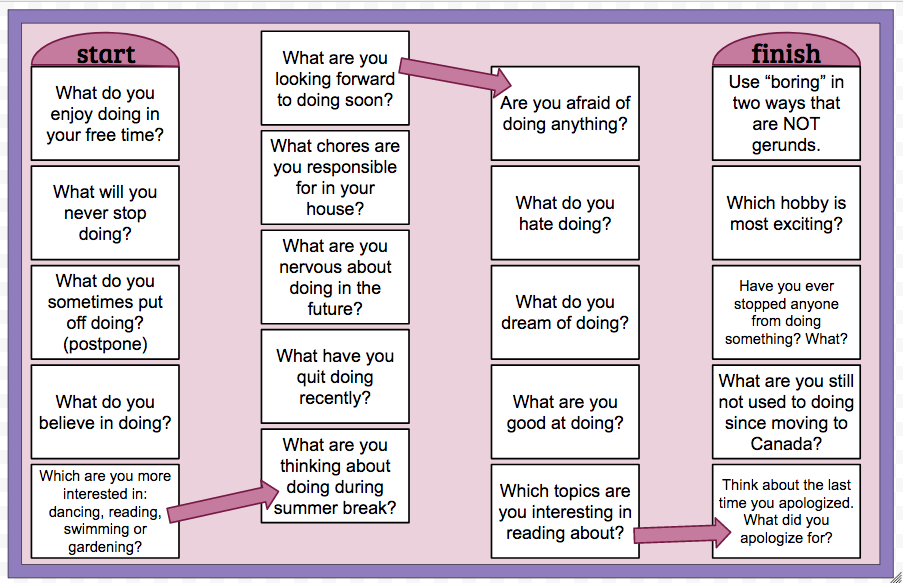
| View complete answer on bpdaid.com
What happens when you break up with a borderline?
They may get severely depressed or lash out if they know you are breaking up with them. Someone with Borderline Personality Disorder may also engage in self-harm and other destructive behaviors.
Takedown request | View complete answer on borderlinepersonalitytreatment.com
"Splitting" In Borderline Personality Disorder: What You Should Know
Do borderlines regret breaking up?
Although BPD personalities initiate a break-up as a way of seeking validation, because of the intense anxiety at play, they'll often express intense regret because of their abandonment wounding, especially if they're not met with the response they desire.
| View complete answer on theprivatetherapyclinic.co.uk
Do people with BPD push you away?
Pulling someone into a close relationship and then pushing that person away repeatedly is one of the most well-known symptoms of BPD. It causes the person in question to be confused about where they stand in the relationship.
Takedown request | View complete answer on optimumperformanceinstitute.com
What makes a borderline act out?
Separations, disagreements, and rejections—real or perceived—are the most common triggers for symptoms. A person with BPD is highly sensitive to abandonment and being alone, which brings about intense feelings of anger, fear, suicidal thoughts and self-harm, and very impulsive decisions.
Takedown request | View complete answer on mcleanhospital.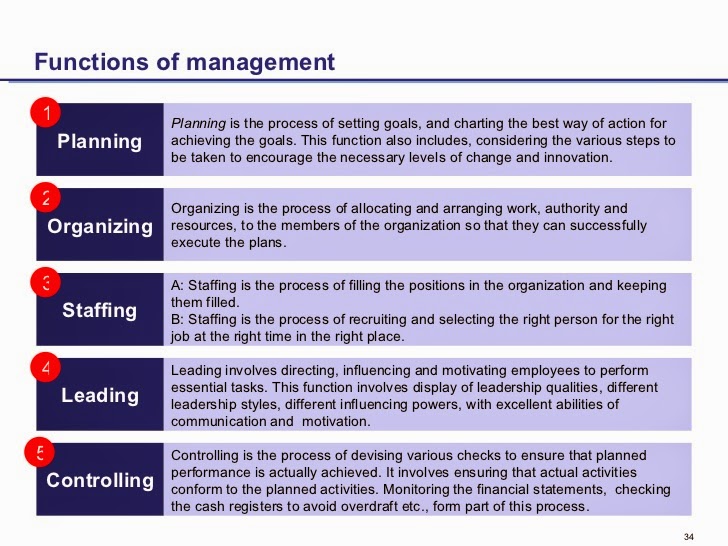 org
org
Do borderlines need constant attention?
It's common for those with BPD to trust people, no matter what the quality of the relationship is. At the same time, it's also common for someone with BPD to be needy, constantly seeking attention and validation to soothe insecurities.
Takedown request | View complete answer on healthline.com
Why do BPD push you away?
As a result, the fear of being abandoned often causes people with BPD to form unhealthy attachments, sometimes abruptly cutting off, as well as making frantic attempts to hold onto relationships. These overly intense or erratic behaviors, in turn, often push loved ones away.
Takedown request | View complete answer on verywellmind.com
Does no contact hurt borderline?
No contact is often perceived as abandonment. A person with BPD will likely feel hurt, betrayed, angry, sad, depressed…you name it. Look no further than the very first symptom of Borderline Personality Disorder according to the DSM: Frantic efforts to avoid real or imagined abandonment.
A person with BPD will likely feel hurt, betrayed, angry, sad, depressed…you name it. Look no further than the very first symptom of Borderline Personality Disorder according to the DSM: Frantic efforts to avoid real or imagined abandonment.
| View complete answer on quora.com
How do borderlines heal after a breakup?
Healing from Heartbreak with BPD
- Remember this emotion is temporary. ...
- Ride the emotions like a wave. ...
- Don't expect others to feel as strongly as you feel. ...
- Take a step back before reacting. ...
- Be kind to yourself.
| View complete answer on nami.org
How do you tell if a borderline loves you?
If you suspect you're someone with BPD's favorite person, they may exhibit the following signs toward you:
- Consistent need for reassurance.
- Intense declarations of their love or appreciation for you.

- Reaching out more frequently when you don't respond.
- Fear that you will leave them or no longer love them.
| View complete answer on choosingtherapy.com
How long do borderlines split for?
Splitting often occurs cyclically and very suddenly. A person with BPD can see the world in its complexity. But they often change their feelings from good to bad rather frequently. A splitting episode can last for days, weeks, months, or even years before shifting.
Takedown request | View complete answer on healthline.com
What is BPD hoovering?
Borderline Hoovering
At the end of the relationship, someone with BPD may feel frantic, and anxious to keep their partner around. Borderline hoovering may look like: Self-harming and telling the other person about it. Threatening suicide or other dangerous behavioral responses. Trying to love-bomb to win the partner ...
Trying to love-bomb to win the partner ...
| View complete answer on choosingtherapy.com
Do borderlines isolate themselves?
A 2019 study found that those with BPD were at higher risk of self-isolation than those with other personality disorders. Emptiness is also a common symptom of BPD — and a common cause of loneliness.
Takedown request | View complete answer on psychcentral.com
Are borderlines clingy?
Manipulative. Untreatable. Clingy. This is how people (even mental health professionals) describe those who live with Borderline Personality Disorder (BPD).
Takedown request | View complete answer on nami.org
Do borderlines cause drama?
The Drama Triangle is commonly exhibited by sufferers of Borderline Personality Disorder (BPD). BPD is typically characterized by the intense emotional turmoil experienced by the individual and those around them.
BPD is typically characterized by the intense emotional turmoil experienced by the individual and those around them.
| View complete answer on heatherhayes.com
Do borderlines obsess?
They can even become obsessive. These emotional switchbacks can be difficult to handle. Sometimes they can lead to uncomfortable public scenes. The impulsive behavior of a person with BPD may put that person or their partner at risk, too.
Takedown request | View complete answer on healthline.com
What are signs of being borderline crazy?
Wide mood swings lasting from a few hours to a few days, which can include intense happiness, irritability, shame or anxiety. Ongoing feelings of emptiness. Inappropriate, intense anger, such as frequently losing your temper, being sarcastic or bitter, or having physical fights.
| View complete answer on mayoclinic.org
How does a borderline think?
People with BPD also have a tendency to think in extremes, a phenomenon called "dichotomous" or “black-or-white” thinking. 2 People with BPD often struggle to see the complexity in people and situations and are unable to recognize that things are often not either perfect or horrible, but are something in between.
Takedown request | View complete answer on verywellmind.com
What is a BPD episode like?
Intense and highly changeable moods, with each episode lasting from a few hours to a few days. Chronic feelings of emptiness. Inappropriate, intense anger or problems controlling anger. Stress-related paranoid thoughts.
Takedown request | View complete answer on discoverymood. com
com
Why do BPD end relationships?
People with BPD may be sensitive to rejection and abandonment and are prone to splitting, rage, and impulsivity. If a person with BPD feels rejected or abandoned, they may end the relationship. However, this is usually followed by significant anxiety and regret and efforts to get back together.
Takedown request | View complete answer on choosingtherapy.com
Why do borderlines hurt the ones they love?
Individuals with symptoms of Borderline Personality Disorder (BPD) suffer from emotional dysregulation that often causes them to lash out towards individuals who are close to them.
Takedown request | View complete answer on psychologytoday.com
How do you respond to BPD silent treatment?
How to respond
- Name the situation. Acknowledge that someone is using the silent treatment.
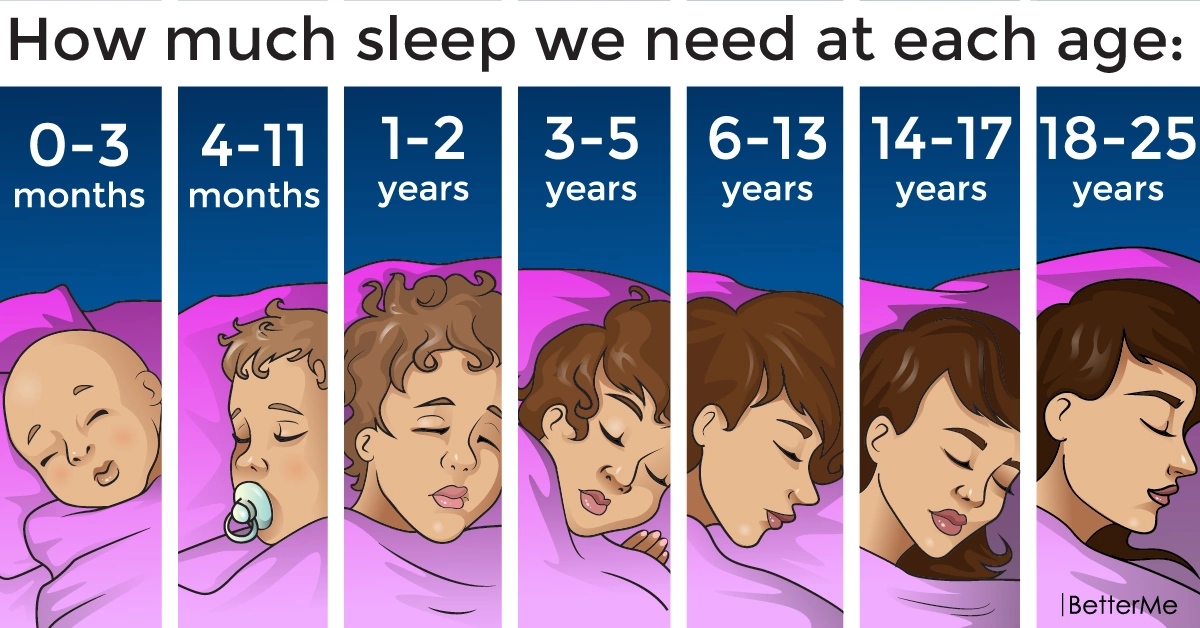 ...
... - Use 'I' statements. ...
- Acknowledge the other person's feelings. ...
- Apologize for words or actions. ...
- Cool off and arrange a time to resolve the issue. ...
- Avoid unhelpful responses.
| View complete answer on medicalnewstoday.com
← Previous question
Can you drink water for a fasting blood test?
Next question →
How long does it take to house train a puppy?
On the Edge: Living with Borderline Personality Disorder
Medical Issues
Text: Masha Pushkina,
Ekaterina Tarasova
Illustrations: Alena Belyakova
October 31, 2017
Borderline personality disorder affects 3% of people on Earth. It would seem that 3% is not much at all, but we are talking about several hundred million people, and this is twice as much as the entire population of Russia. What is BPD and where does it come from, how to live a “border guard” with himself and what to do with his relatives, whether it is possible to recover and how you can help yourself on your own - all this is in our new large material on disorders. In the study of the issue, we were assisted by the BPD Resource Center and the psychiatrist of the International Medical Center Anna Ushkalova. Special thanks to Katya Novikova for collecting comments from people with BPD.
It would seem that 3% is not much at all, but we are talking about several hundred million people, and this is twice as much as the entire population of Russia. What is BPD and where does it come from, how to live a “border guard” with himself and what to do with his relatives, whether it is possible to recover and how you can help yourself on your own - all this is in our new large material on disorders. In the study of the issue, we were assisted by the BPD Resource Center and the psychiatrist of the International Medical Center Anna Ushkalova. Special thanks to Katya Novikova for collecting comments from people with BPD.
Borderline personality disorder ( BPD, Borderline personality disorder ) is a psychiatric disease characteristic of people who are characterized by instability in interpersonal relationships, self-image, emotional instability, impulsivity. These symptoms occur at a young age, appear regularly in many life situations and lead to maladjustment in society.
Unfortunately, in our country little attention is paid to the problems of people with BPD. Incorrect diagnosis often complicates the treatment process itself.
“People with BPD are often treated incorrectly with medications that only make them worse. But in most cases, “border guards” are unaware of their diagnosis and, accordingly, do not know that their condition can be corrected.
In Russia, acquaintance with the methods of psychotherapy of borderline disorder common in the West is just beginning, there are only a few experienced specialists. But the first psychotherapeutic communities are already opening up where people with BPD can get help, ”says the Resource Center, an information portal for people suffering from borderline disorder.
Psychiatry classifies BPD as a personality disorder, a group of diseases that includes various character pathologies, from dissociative disorders to narcissistic disorders.
Despite the similarity of the name, "borderline personality disorder" has nothing to do with "borderline".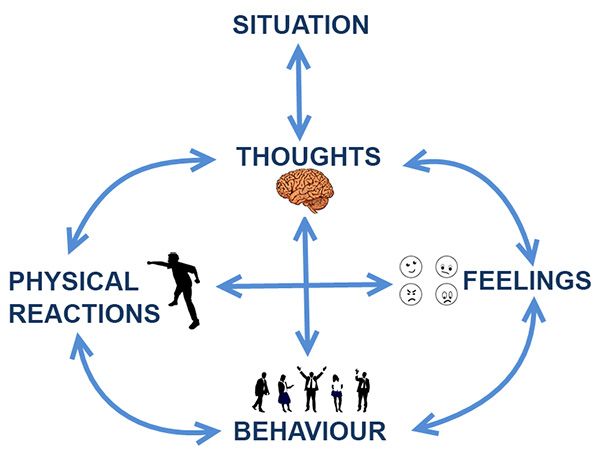 Psychologists call the borderline state the degree of severity of character traits on the verge of norm and pathology.
Psychologists call the borderline state the degree of severity of character traits on the verge of norm and pathology.
Diagnosis
To make a diagnosis of BPD, in addition to general symptoms, at least five other signs from the following list must be present:
1. Strong fear of being alone. The tendency to make excessive efforts to avoid the real or imagined fate of being abandoned.
2. A tendency to intense, tense and unstable relationships, in which extremes alternate - idealization and devaluation of the partner.
3. Identity disorder: instability of the image or feeling of the self. Ups and downs of self-esteem. Fuzzy ideas about myself (who am I? what do I like? what do I want?).
4. Impulsivity, which manifests itself in at least two areas of dangerous behavior, such as spending money, sexual behavior, substance abuse, risky driving, overeating.
5. Recurrent suicidal behavior, suicide threats, repeated acts of self-harm. Masochistic tendencies in behavior and relationships with people.
Recurrent suicidal behavior, suicide threats, repeated acts of self-harm. Masochistic tendencies in behavior and relationships with people.
6. Affective instability, extremely changeable mood. In this case, periods of intense dysphoria, irritability or anxiety are usually short and last from a few minutes to several days.
7. Constant feeling of emptiness, meaninglessness, boredom.
8. Inappropriate displays of intense anger or difficulty in controlling anger (eg frequent irritability, repeated fights).
9. In conditions of severe stress, paranoid ideas and suspicion, dissociative symptoms, derealization, depersonalization may occur.
10. Violations of mentalization, that is, understanding the motives of one's own and other people's actions, difficulty in understanding the emotions and reactions of other people.
11. Chaotic interpersonal relationships.
To understand what the world of the "border guard" looks like from the inside, I interviewed more than ten people with a diagnosis of "borderline personality disorder. " They talked about the main symptoms of BPD through the prism of personal and very painful experience.
" They talked about the main symptoms of BPD through the prism of personal and very painful experience.
Features of "border guards"
Psychiatrists call it identity disorder, psychopathy, sluggish schizophrenia - because BPD only exists in the DSM-4 foreign classification of diseases. "Border guards" are so dependent on the attitude of other people towards them and their own emotional outbursts that they hardly understand what they really are and what they want from life. These are solipsists in reverse: they consider the world around them to be a figment of their imagination, while people with BPD often doubt their own reality.
Who am I?
Anya: “The hardest thing is the complete fragmentation of the world and oneself. Every day or several times a day you are a completely different person, and you are strongly influenced by the people around you and events. Either you are tough and distant, then you are deeply dependent and extremely emotional, then you are straight, then you are lesbian, then you are generally asexual. You can react radically differently to the same thing, depending on which part of your personality you find yourself in at that moment. And each of the states seems to be absolute, you are not able to remember yourself at this moment.
Either you are tough and distant, then you are deeply dependent and extremely emotional, then you are straight, then you are lesbian, then you are generally asexual. You can react radically differently to the same thing, depending on which part of your personality you find yourself in at that moment. And each of the states seems to be absolute, you are not able to remember yourself at this moment.
It's almost a split personality, and your parts are barely connected. The hardest part is the feeling that you don't really exist. It's like you only exist while someone looks at you and talks to you, while another reflects you. Sometimes these fluctuations leave you so isolated that you want to go outside and pester passers-by, asking if they see me at all.”
Anastasia, 18 years old, experimental theater actress and physics student: "I still don't clearly understand who I am. A feeling of inner emptiness that has been progressing since childhood, an extremely unstable self-esteem. But it's not that disturbing yet. But after I was visited by depersonalization and dissociation, it became not fun at all. And when there was a constant desire to harm myself, I was not the only one who got scared. Poisonings, cuts, blows, unconsciousness, bulimia - an incomplete list of my adventures.
But it's not that disturbing yet. But after I was visited by depersonalization and dissociation, it became not fun at all. And when there was a constant desire to harm myself, I was not the only one who got scared. Poisonings, cuts, blows, unconsciousness, bulimia - an incomplete list of my adventures.
Existence with such a fragmented self-perception is very painful. The life of a "border guard" during periods of deterioration is a constant fear of being rejected and mental pain; what Freud called the word "Angst".
Lois , aged 23: “My brain hurts. Every time I experience hell like the first time. During the next episode, it always seems that it has never been worse, now it’s definitely an apocalypse. The memory of what was bad before and then disappeared disappears.
Even answering the question “How are you?” is problematic. Immediately a swarm of questions arises: how are you when? now or today? Or maybe you're hinting with your question that you don't like me? what answer do you want to get?
Fear sends me into a vicious circle, when all options for action are bad: not talking about what I feel, keeping everything in myself is bad for me. I speak out - people take it personally, even if I clarify that these are just my feelings. Friends get angry and upset, which makes me even worse. And I can talk in a bad state endlessly. The more I talk, the more I regret what I said."
I speak out - people take it personally, even if I clarify that these are just my feelings. Friends get angry and upset, which makes me even worse. And I can talk in a bad state endlessly. The more I talk, the more I regret what I said."
But a few people noted positive aspects in their condition. For example, the ability to empathize (although other people have said the opposite: that obsession with their feelings prevents them from taking the place of another).
Ksenia, 25 years old, social media manager: “It seems to me that I feel everything much brighter and deeper than others. It is very difficult for me to be alone on the streets and especially in the metro, where there are a lot of people. Grandmothers begging, a sad girl, a stray dog, a tired driver - they all give me an uncontrollable pity and a feeling of empathy that is almost impossible to cope with. Crying three times on the way from home to work is a common thing.
Illness has expanded the boundaries of my perception, growing such a huge range of feelings that it allows me to easily enter into the position of others. My young man says that sometimes he himself does not have time to understand himself and understand some of his inner experiences, as I already feel the slightest changes in him and anticipate events.
It is important to understand that the condition of a border guard is not a continuous series of suffering. There are periods of improvement, and quite long ones. At this time, they may experience "brighter, richer and more interesting feelings, sharpening in perception, the ability to notice and enjoy such things in the world around them that ordinary people simply pass by."
Max: “During episodes of good mood, you want to communicate with everyone, you become very friendly and there is a lot of energy that is easy to direct to any business, just give it a push. But everything is fine only until something hits the switch. Even one ridiculous thing - say, the death of a dove - can cause the world to abruptly change its tone to black.
Even one ridiculous thing - say, the death of a dove - can cause the world to abruptly change its tone to black.
Don't leave me - leave immediately!
The void needs to be filled with something, and the fragmented consciousness needs to be glued together. Most often - strong feelings and emotions of other people, which the "border guard" needs like air.
A feature that distinguishes all people with BPD is the difficulty in building stable relationships. On the one hand, they strive for dependence and complete merging, but at the same time they are afraid of intimacy, feeling danger in it. After all, if a loved one rejects you, it will be tantamount to losing yourself. Therefore, such people try to leave first, often suddenly and for no apparent reason.
Xenia: “People with BPD have such a thing as Favorite Person (FP). This is the one who replaces you all and everything. To some extent, this is reminiscent of the relationship between the dog and the owner, when the dog was left at home alone, and he trashed the whole apartment and whined at the door for several hours, waiting for the owner. Most of the time I cannot be alone with myself, I am corroded by emptiness and at the same time a storm of emotions.
Most of the time I cannot be alone with myself, I am corroded by emptiness and at the same time a storm of emotions.
Rina, aged 25, philologist: “I am constantly waiting for rejection. You may not be aware of this, live in peace, and then one of your friends will express himself incorrectly, say, for example, “Let's say goodbye” - and your world will immediately collapse. You start to think that the person doesn't want to see you again. You delve into yourself, trying to figure out what you did wrong, until you plunge into the abyss of sadness and thoughts about death. And a friend just wanted to say that he needs to go home now, we'll meet tomorrow. Always like this".
Being close to a "border guard" is risky. In his love, idealization is always replaced by depreciation, and the one who yesterday was a “handsome prince” after a couple of unsuccessful phrases can turn into a “terrible tyrant”.
N: “Because I am afraid of being left and abandoned, I have always destroyed all relationships. I started seeing a therapist because I was unable to trust the girls I dated. If we didn’t see each other for a day, and sometimes for several hours, I was absolutely sure that she had cheated on me, that everyone around me was deceiving.
I started seeing a therapist because I was unable to trust the girls I dated. If we didn’t see each other for a day, and sometimes for several hours, I was absolutely sure that she had cheated on me, that everyone around me was deceiving.
Pain and razor
Many do not believe in the depth and severity of the experiences of BPD sufferers. Their loud suffering from the outside may seem like just a way to attract attention and manipulate. But all these feelings, even if they are objectively inadequate, are completely real in the mind of the patient. Their ignoring and depreciation can end in a real disaster.
Up to 10% of "border guards" die by suicide. These are extreme cases. What happens much more often, at some point in life - to almost everyone, is self-harm, that is, self-harm. Chaos inside and mental pain become so strong that physical pain seems more acceptable.
My interlocutors named different motives for inflicting physical harm on themselves: it could be a “punishment” for bad behavior, a way to drown out guilt and shame for one’s “abnormality”, and even an attempt to destroy the “monster” inside, which destroys everything around and poisons the lives of loved ones . It can also be a cry for help, a desperate attempt to get support, most often from indifferent parents.
It can also be a cry for help, a desperate attempt to get support, most often from indifferent parents.
To suppress pain, both alcohol and psychotropic substances are used, so borderline disorder gives rise to addictions and codependencies.
Xenia: “Many harm themselves spontaneously, thoughtlessly. But there are those who specially, in a special way, prepare for this: they sharpen a knife, sterilize the skin, prepare bandages. Sometimes it is not enough for such people to inflict a wound on themselves, because it will heal anyway. They pour lemon juice over the cuts and cover them with salt.”
D., aged 20, student: “At five in the morning, I was standing in the dormitory toilet with a knife in my hand. Blood was splattering down my leg. Back then, self-harm was the only reliable way to deal with emotions without losing performance. Then I carried the knife in my bag, kept it on the table next to the laptop at home and even sometimes slept with it, hiding it under the pillow or under the bed. Only then did I realize that it was a disease.”
Only then did I realize that it was a disease.”
The greatest risk of suicide in BPD is at a young age (13-15 years)
© Berman A.L., 1985; Friedman R.C., 1987
Aggression can be directed not only at oneself, but also at another. Not so long ago, the Internet was bypassed by a video of schoolgirls who beat each other in a wasteland while friends were filming it. The audience was shocked by girlish aggression: they tried to blame her on television, computer games. It seems that no one then thought that this could be a way to overcome mental pain: “Anya (author's note: the heroine's best friend) backhanded me in the face. We fought: we thrashed with our fists and legs, pulled each other by the hair, scratched, tried to knock each other to the ground and beat each other harder. We smashed our noses and cut our lips, ripped our clothes and tried to release our heartache, like in Fight Club.
Some manage to channel this need for physical pain into more acceptable channels. Among the border guards there are many fans of piercings, tattoos, BDSM.
Among the border guards there are many fans of piercings, tattoos, BDSM.
Not all people with BPD cut themselves and abuse alcohol or other substances: borderline disorder can present with relatively "mild" disorders. In borderline disorder, either impulsivity, suicidal attempts, or violations of direct interpersonal relationships may predominate, when, due to emotional instability, relationships with others become negative. There are more severe violations, as in the case of suicide attempts, when psychiatric consultations are necessary. There are such disorders in which you can improve your life with the help of regular psychotherapy and work on yourself. That is, the gradations of symptoms in the manifestation of BPD are very different! Sometimes people seem to be adapted at first glance, everything “seems to be all right” with them: they work, they live well, but in stressful situations they can show impulsive destructive behavior. One hundred and fifty-one different combinations of symptoms are possible in the clinical picture of patients diagnosed with BPD (and some authors give two hundred and fifty-six as a possible number of combinations of symptoms)!
Self-help
Borderline disorder is by no means a sentence. Almost all of my interlocutors were able to recognize their problem and find constructive ways to deal with emotional extremes. In order to perceive the world as it is, and not as dictated by a sick imagination, the "border guard" needs to make great efforts.
Almost all of my interlocutors were able to recognize their problem and find constructive ways to deal with emotional extremes. In order to perceive the world as it is, and not as dictated by a sick imagination, the "border guard" needs to make great efforts.
J: “I have a whole list of self-help methods: meditation, mindfulness exercises, detachment from the situation (I physically interrupt the conversation, leave the apartment, and so on). And, of course, in my head there is always a background process of tracking my thoughts and correcting errors of perception. Regularly do “reality checks”:
1.
in my mind I build a “line of defense” in favor of the person whom I suspect of bad things;
2.
asking a stranger how he would react to the situation;
3.
step back, wait until emotions subside, and only then make a decision;
4.
I try to keep a schedule of work and rest: I am especially unstable during sessions and deadlines, so I try to prepare in advance and always get enough sleep. ”.
”.
Daria, 34 years old, psychotherapist: “Psychotherapy helped me understand myself. With the help of a therapist, I learned to understand what my boundaries are. Then I figured out exactly what I feel, what I want at that moment and what to do with it. I learned to comfort myself. A person with BPD mourns the lost love of his parents, and this grief is hidden under a huge layer of rage, because mourning was not allowed in the family. Then I had to learn to take responsibility for my own needs and not take revenge on my relatives for the sins of my parents.
N: “The therapist gave me an exercise based on meditation: in an inner voice that expresses self-care, acknowledge my feelings, acknowledge that right now it hurts and is unpleasant, and then imagine a gesture that would express self-care ( like a big hug). It helps a lot. It became incredibly easier for me to live when I realized what was happening, that all these things (a change in the meaning of life every ten minutes, breakdowns and tantrums) are not really me, but my disease.
Lois: “Adequate view from the outside is extremely important to us. A friend recently told me what my “borderline” part looks like. And that was the most helpful information I've received in months. She helped me finish a difficult episode. Without a friend, I would never have guessed what it looks like.
She (my border side):
1.
requires constant attention;
2.
she needs to explain everything;
3.
her thoughts must be guessed;
4.
she acts like a child.
I am learning to catch and unravel "borderline" thoughts, make them absurd, I try to share them with loved ones in order to jointly refute them. It's a very useful practice."
Polina: “I am a perfectionist and have always strived to be the best. But if I've learned anything during my illness, it's that the world and the people around me are already demanding enough, so it's important to be kind and gentle with yourself. Now I just allow myself to be weak. I allow myself to listen to sad music, cry and whine. I allow myself to take breaks from work. Because I know that if you do not allow yourself weakness, it will be even worse.
Now I just allow myself to be weak. I allow myself to listen to sad music, cry and whine. I allow myself to take breaks from work. Because I know that if you do not allow yourself weakness, it will be even worse.
Alexander , poet, journalist: “I'm always looking for new, constructive ways. For example, the People Skills To Go app for people with BPD. In times of crisis, without psychotherapists and psychiatrists, I would not have coped. Sometimes people get tired of me and stop talking, but many people stay in relationships for many years, and I think that love overcomes pain.
Many BPD sufferers have a desire for creativity, self-expression through it. And this is also a form of therapy.
Anastasia: “The theater saves me. If there are no rehearsals, I dance, merge with the music. If there is no physical strength, then I lie on the floor and listen to cello and piano recordings.
Xenia: “The Telegram channel saved me, I wrote everything I felt there, trying to spit out all the lines in a beam between my eyes.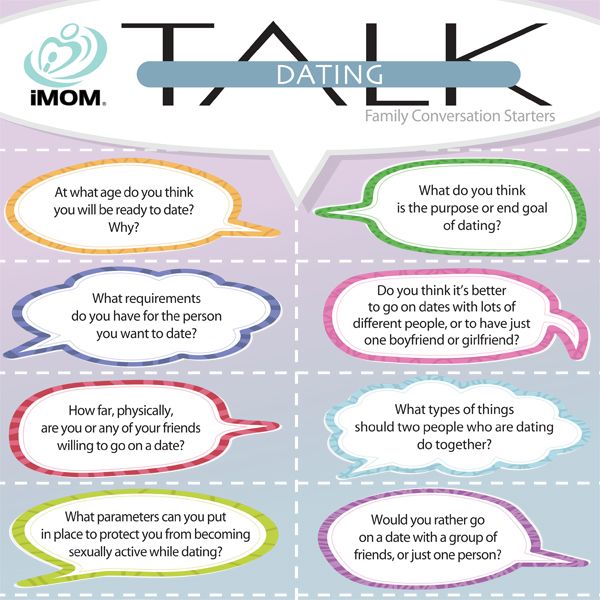 The letters floated in front of me, blocking out the pain for a while. A round dance of unspoken words that flew like canvases to the Internet to thousands of people.
The letters floated in front of me, blocking out the pain for a while. A round dance of unspoken words that flew like canvases to the Internet to thousands of people.
Relationships
Many people with BPD are quite happy with their social and personal lives, but this is exactly the case when you cannot rely on feelings and the will of fate alone. A lot of work is needed on oneself and relationships, and on both sides. The “border guard” needs to be aware and pronounce every conflict moment, and, most importantly, learn to express their feelings without aggression. Partner, respectively - to support him and calmly answer even the strangest questions.
The popular advice for dealing with "tantrums" - to go away and wait until she calms down - is not applicable in any case, because everything can end very badly.
Daria: “I used to have more friends, but it was codependency based on the 'eat my mental waste and I'll eat yours' co-dependence. Now I redefine the concept of friendship for myself.
Now I redefine the concept of friendship for myself.
It was hard for my second husband, whom we met at the height of my treatment. He says that he had to calm me down two or three times a day. I was stormy at the sudden appearance of a valuable person whom I tried to simultaneously idealize and completely appropriate, and completely devalue - that is, forever banish from the horror of intimacy. Now, three years later, when I sometimes start to stagger from fatigue and overstrain, I “hang” on my husband - I describe my feelings to him, he gently tells that in reality everything is not so, but much better, and it becomes easier for me.
Rina: “My friends know my diagnosis. Friends and colleagues consider me an interesting and very eccentric person. I studied so much literature about PHR that I learned how to lecture my friends about what was happening to me. Now they almost see me better when I am carried, and can insure in time.
Polina: “I do not hide my condition from anyone: not so long ago I published a long post on Facebook explaining my diagnosis in detail, and received a lot of support. Many relatives are also aware, but not everyone understands how to behave correctly. Even my father, when I told him about BPD, joked: “To the village, to milk the cows at five in the morning.” Not a very good joke, I think.
Many relatives are also aware, but not everyone understands how to behave correctly. Even my father, when I told him about BPD, joked: “To the village, to milk the cows at five in the morning.” Not a very good joke, I think.
I think it's pointless to hide, because sooner or later my condition will become public - I'm not made of iron. So I try to avoid rumors, discussions behind my back and accusations of a bad temper. I'm really lucky that they accept me, because, perhaps, I myself would not want to be my own friend.
Lois: “Before I couldn't tell when something was going on, now I can say to a new acquaintance, 'Sometimes I react illogically to what's going on around me. If I ask: are you sure you don't hate me now? “It means that I’m really afraid to hear: yes, I hate you and don’t want to see you ever.”
Diagnostics in Russia
The cases described above are the exception rather than the rule. Most people with borderline disorder do not know their diagnosis and do not receive any treatment.
Most people with borderline disorder do not know their diagnosis and do not receive any treatment.
Because BPD has almost no obvious psychiatric manifestations such as hallucinations and psychosis, it does not occur to the patient or his relatives to see a doctor. Self-harm - the most obvious manifestation of BPD - patients are carefully hidden.
Acquaintances consider such a person to be hysterical, self-centered, capricious, with a bad temper and do not believe that he can be changed. He himself, due to the specifics of the disease, is not able to analyze and evaluate his condition, and in his problems he sincerely considers others or external circumstances to be guilty.
Anna Ushkalova, psychiatrist: “Difficulties in diagnosing BPD — like other personality disorders — lie in the fact that, historically, the mental health care system in Russia has been oriented toward inpatient treatment, with an emphasis on acute and emergency conditions. Russian psychiatry paid insufficient attention to personality disorders in general. In addition, psychotherapeutic education in our country is not included in the basic course of psychiatry. Nevertheless, interest in this problem is growing, as is the number of specialists with skills and experience in working with such disorders.
Russian psychiatry paid insufficient attention to personality disorders in general. In addition, psychotherapeutic education in our country is not included in the basic course of psychiatry. Nevertheless, interest in this problem is growing, as is the number of specialists with skills and experience in working with such disorders.
The situation is complicated by the fact that in the International Classification of Diseases (ICD-10) adopted in Russia, the diagnosis of "borderline personality disorder" does not exist at all. There is a concept close, but not identical to it - "emotionally unstable personality disorder" (disease code - F60.3).
Daria: “I realized what was happening to me when I was about twenty-five years old, when people started writing about BPD on the Internet. I realized that I am not a lazy, inconsistent, irresponsible hysteric, but that what is happening in my body and head has objective reasons.
Up to a third of all completed suicides are committed by people with BPD
© Kullgren G. et al., 1986; Runesson B. et al., 1991; Links, 2003
et al., 1986; Runesson B. et al., 1991; Links, 2003
Unfortunately, often those with BPD do not see a doctor for the first time until after a suicide attempt. If it does not reach such an extreme, the diagnosis can turn into a whole investigation.
Polina: “The prerequisites were still in early childhood, and alarm bells began to be heard in high school, when I unexpectedly started cutting myself, then starving myself and depriving myself of sleep. It took me a long time to figure out what was wrong with me. At first she turned to a private psychotherapist, but she suspected a charlatan in her. Long trips to the doctors began. They didn’t tell me anything worthwhile, they advised me to drink glycine. In the meantime, I suspected that I had bipolar disorder, it seemed to me that I was wasting time with doctors - in general, it was so. The mother of a friend once told me that she was successfully treated in the Clinic of Neurosis. Already at home, in St. Petersburg, a neurologist in the district clinic wrote me a referral. At the clinic, I was first diagnosed with “bipolar disorder”, but it was not confirmed. The psychiatrist started calling me ‘border guard’.”
Petersburg, a neurologist in the district clinic wrote me a referral. At the clinic, I was first diagnosed with “bipolar disorder”, but it was not confirmed. The psychiatrist started calling me ‘border guard’.”
Some of the symptoms of borderline disorder are indeed similar to those of bipolar disorder (mood swings, alternations of agitation and depression, depression), and misdiagnosis is not uncommon.
It is important to remember the differences: in BPD, unlike bipolar affective disorder, mood swings are instantaneous and can occur dozens of times a day, and are most often caused by external events rather than internal processes.
But there are also patients in whom these two diseases are combined: according to a number of studies, such cases are more than 10%.
Anna Ushkalova, psychiatrist: “In the new, eleventh edition of the International Classification of Diseases, a transition to completely different criteria for all personality disorders, including BPD, is planned. First of all, the degree of maladjustment of a person will be taken into account. If a doctor in a public care system can even determine the very presence of the disorder and send the patient to a psychotherapist, this will be a breakthrough in treatment.”
First of all, the degree of maladjustment of a person will be taken into account. If a doctor in a public care system can even determine the very presence of the disorder and send the patient to a psychotherapist, this will be a breakthrough in treatment.”
Making a diagnosis, no matter how hard it may sound, changes the lives of patients for the better. Understanding what exactly is happening to you, and that you can influence it, gives a sense of control that people with borderline disorder lack so much.
Xenia: “Before, I constantly thought that other people just didn’t want to understand me, that I didn’t try hard enough, that I should become like everyone else, or vice versa, everyone should become like me. Until the age of twenty-four, I had full confidence that I was special, that I had a completely unique set of qualities, that I did things that were peculiar to me. And then I read an article about BPD and realized that I had lived my whole life as if by a textbook. ”
”
Causes of borderline disorder
There is no clear understanding of the causes of borderline disorder.
As with most mental illnesses, both innate predisposition and early trauma seem to play a role. In almost every case history there is an emotional shock: the loss of a very close person, physical or sexual abuse, generally inappropriate behavior of parents.
If in due time the child is not taught to value himself as a person and to understand where the boundary lies between his interests and the interests of others, he will not be able to trust either others or himself in the future.
Anna Ushkalova, psychiatrist: “Currently, the biosocial model has gained the most recognition. The pathogenesis of BPD can be represented as follows: against the background of a genetic predisposition, there is a “vulnerability” of individual biological structures (hyperactivity of the limbic system, a decrease in the regulatory function of the prefrontal cortex). This leads to increased excitation and slower inhibition in response to stress. The combination of these factors with adverse conditions, especially in childhood (such as sexual or physical abuse, neglect) leads to the fact that the patient develops a dysfunctional pattern of emotional response and behavior.
This leads to increased excitation and slower inhibition in response to stress. The combination of these factors with adverse conditions, especially in childhood (such as sexual or physical abuse, neglect) leads to the fact that the patient develops a dysfunctional pattern of emotional response and behavior.
Psychological reasons
The most common cause of borderline disorder is considered direct child abuse in the family and chronic childhood trauma.
Xenia: “When I was four years old, I was sexually abused by an older man. This situation haunts me to this day and clearly had a great influence on the formation of my personality. Specifically, it blew the roof off me at thirteen or fifteen: alcohol, drugs, the wrong company, fights, hooliganism, running away from home, uncontrolled sexual behavior.
Lois: “When I was twelve, my stepfather confessed his 'love' to me. The first "kiss" was with him. At that time, I did not understand so much what was happening that I froze physically, disconnected from all emotions and did not talk to anyone for another two days. Then there was a series of cases of psychological and physical violence, and he constantly said that he loved me and suffered because of such a difficult situation. In addition, he followed all my actions, read correspondence with my friends, communicated with them if he did not like something. I didn’t understand what was going on at all, but he threatened me, and I haven’t told my parents anything until now.”
The first "kiss" was with him. At that time, I did not understand so much what was happening that I froze physically, disconnected from all emotions and did not talk to anyone for another two days. Then there was a series of cases of psychological and physical violence, and he constantly said that he loved me and suffered because of such a difficult situation. In addition, he followed all my actions, read correspondence with my friends, communicated with them if he did not like something. I didn’t understand what was going on at all, but he threatened me, and I haven’t told my parents anything until now.”
However, more often than not, an unfavorable emotional situation is enough: often “borderliness” is brought up by parents with their own mental disorders.
Anya: “Mom has a mental disorder, although she has never seen a psychiatrist. Her contact with reality was clearly broken, she always lived in imaginary worlds, and from my early childhood I was left to myself, there was practically no communication within the family.
Daria: “The family was middle-income, no one beat or raped me, and for a long time I could not understand what had destroyed me so much. My brother and I had cold, anxious, aggressive, demanding parents, a depressed mother, and a combination of borderline and narcissistic father. It looked like this: something rolled over one of the parents, and they began to bombard my brother and me with demands, accusations, claims against each other - “your neglected mother” and “your crazy father”. It was quite difficult to predict when and whom it would close, so we grew up in an atmosphere of complete chaos, which we attributed not to our parents, but to ourselves. As a result of such an upbringing, I considered myself practically crazy and honestly thought that I would end my life in the garbage, where I belong.
Some people described their families as outwardly quite normal and, in the opinion of others, prosperous. Often the violence is purely emotional and goes unnoticed by outsiders.
Rina: “All my childhood I diligently fulfilled the function entrusted to me - reconciling my parents when they made scandals.”
V., IT specialist: “There was a conflict in the family. I was a very late child and... I don't know how to explain it - this is a huge gap between the parents' view of life, the way it should be, and the views of other people. I was “that weird kid” who was dressed the wrong way and treated the wrong way. As a result, at the age of eighteen, he ended up in a therapeutic department of psychiatry with hysteria.
Polina: “My earliest childhood was almost perfect. But in elementary school, my father lost his business and fell into a deep depression. So that I would not see this, I was sent to live with my grandmother. Grandmother is a church-going person, which she instilled in me as well. This had a rather strong influence: I treat each of my mistakes as a terrible sin, I feel guilty about everything. At confession, you pronounce your sins to the priest, and he lets them go for you. My “sins” never let me go, I didn’t feel forgiven by anyone.”
At confession, you pronounce your sins to the priest, and he lets them go for you. My “sins” never let me go, I didn’t feel forgiven by anyone.”
Biological causes
Physicians have discovered abnormalities in the functioning of the brain of people with borderline disorder.
Tendency to depression, anxiety and fear of being abandoned were explained by disturbances in the functioning of serotonin receptors. Due to childhood stress, these receptors become less sensitive to stimuli. That is, impulsiveness, weak will and self-control are not the result of promiscuity: it has specific biological causes.
Using brain mapping techniques, researchers have identified key reasons for the inability of BPD patients to regulate their aggression. BPD sufferers have a strong activation of the amygdala, which is responsible for emotions, which can cause errors in perceiving other people's neutral facial expressions when they appear unfriendly.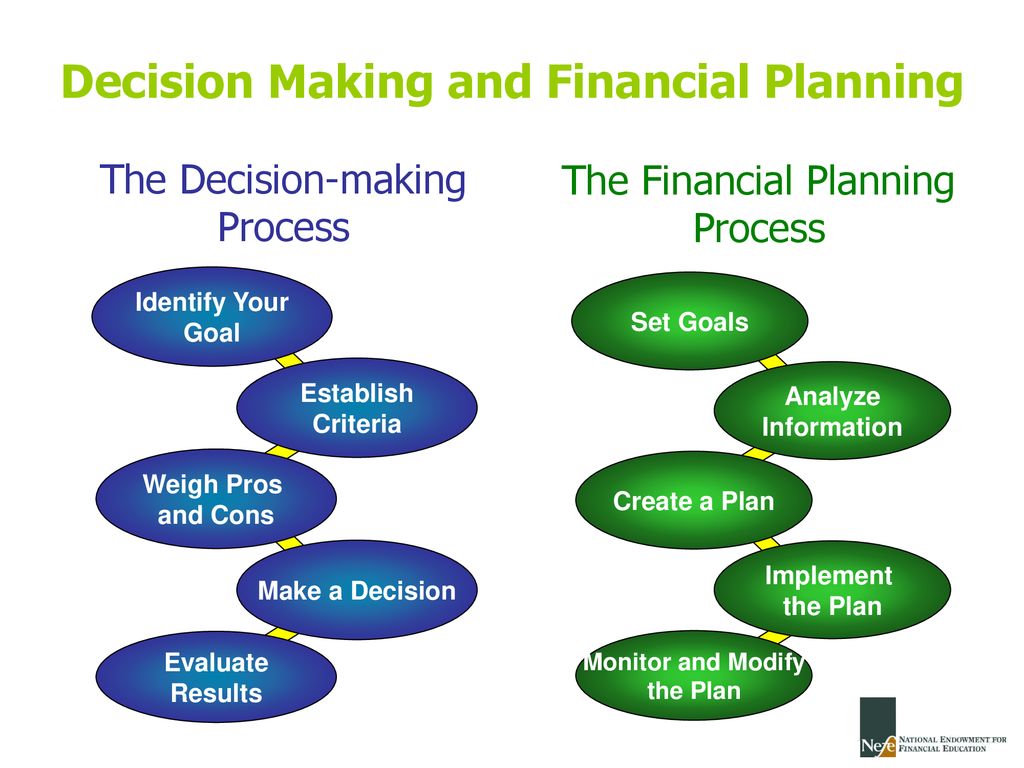 Moreover, doctors note that distortions in the mental world can be not only a consequence, but also the cause of impaired activity in the amygdala. In addition, patients with BPD produce more of the stress hormone cortisol, so they are in a constant state of hyper-alertness. The prefrontal cortex, which is responsible for self-control, on the contrary, is too weakly activated in such patients: this prevents them from evaluating their actions from the outside. Also, many “border guards” found a decrease in the volume of the hippocampus, which is responsible for memory: it is suggested that this makes it difficult to comprehend the history of relationships with other people. The hormone dopamine, which causes us to enjoy pleasant things and encourages us to seek these pleasures, is often produced in BPD sufferers from relationships that bring negative emotions - hence the desire to repeat unpleasant relationship patterns.
Moreover, doctors note that distortions in the mental world can be not only a consequence, but also the cause of impaired activity in the amygdala. In addition, patients with BPD produce more of the stress hormone cortisol, so they are in a constant state of hyper-alertness. The prefrontal cortex, which is responsible for self-control, on the contrary, is too weakly activated in such patients: this prevents them from evaluating their actions from the outside. Also, many “border guards” found a decrease in the volume of the hippocampus, which is responsible for memory: it is suggested that this makes it difficult to comprehend the history of relationships with other people. The hormone dopamine, which causes us to enjoy pleasant things and encourages us to seek these pleasures, is often produced in BPD sufferers from relationships that bring negative emotions - hence the desire to repeat unpleasant relationship patterns.
Useful resources about BPD
In 2017, the first Russian Resource Center was opened - an information portal for people suffering from borderline personality disorder, created on the basis of the experience of colleagues from the USA and Australia. The center has groups on social networks VKontakte and Facebook.
The center has groups on social networks VKontakte and Facebook.
Journal of Psychology Today:
Borderline personality disorder.
Cognitive Behavioral Therapy Center :
here you can sign up for a practical training on coping with stress and controlling emotions.
Groups on the VKontakte network:
psychotherapy for borderline personality disorders and a group for communication of "border guards" and a support group on Facebook.
Resources in English:
Randy Kroeger's BPD website and BPD section at mind.com.uk.
See also
What to do with BPD? Tips for border guards
Masha Pushkina, Ekaterina Tarasova, Alena Belyakova
How borderline disorder is treated, what types of therapy are effective and what phrases a border guard should learn
Text
Masha Pushkina
Moscow
Text
Ekaterina Tarasova
Nizhny Novgorod
Illustrations
Alena Belyakova
Moscow
Borderline personality disorder: symptoms, treatment, communication tips
- What is
- Test
- Symptoms
- Causes and risk factors
- Is it being treated
- How to communicate with a person with BPD
- Expert commentary
What is borderline personality disorder
Borderline personality disorder (BPD, in English terminology — borderline) inevitably affects how a person thinks and feels, how he interacts with others [1].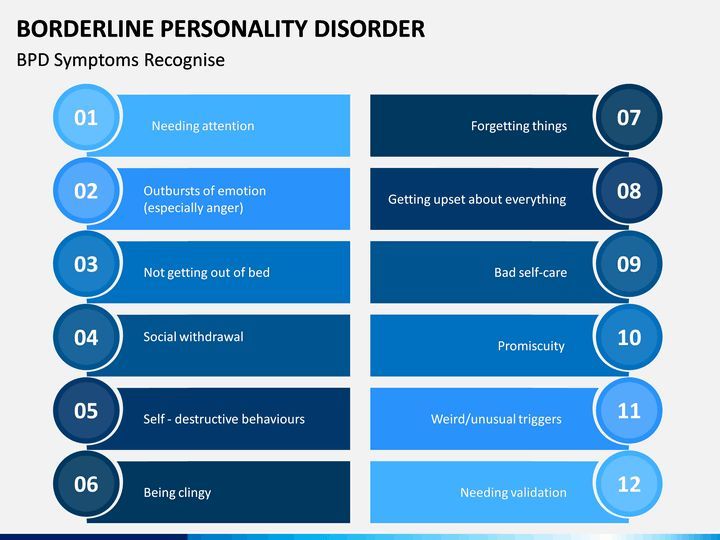 The diagnosis is recorded in the ICD-10 and is considered a subspecies of an emotionally unstable personality disorder. The disorder manifests itself in problems with self-esteem, the management of emotions and behavior, high anxiety and desocialization, and leads to unstable relationships with others. With borderline personality disorder, a person experiences a fear of being alone or abandoned. Inappropriate anger, impulsiveness, frequent mood swings can alienate potential partners.
The diagnosis is recorded in the ICD-10 and is considered a subspecies of an emotionally unstable personality disorder. The disorder manifests itself in problems with self-esteem, the management of emotions and behavior, high anxiety and desocialization, and leads to unstable relationships with others. With borderline personality disorder, a person experiences a fear of being alone or abandoned. Inappropriate anger, impulsiveness, frequent mood swings can alienate potential partners.
Advertising on RBC www.adv.rbc.ru
Deviations are usually recorded in young people and may worsen with age. However, many patients diagnosed with BPD are able to live a full life, having worked through the main problems.
Borderline Personality Disorder Test
Some of the symptoms may point directly to BPD, but only the attending physician can give precise information. If you suspect you have a disorder, answer a few questions:
- Do you have a fear of being alone that makes you act inappropriately? For example, constantly call a partner, try to be always near him.

- Have you had to change your mind drastically in relation to your partner, to move from love to hatred for no particular reason?
- Have you ever felt that you do not have a clear idea of yourself, that you are not sure of your self-worth?
- Have you committed impulsive dangerous acts? For example, have you taken drugs, spent large sums of money recklessly, or had unprotected sex?
- Have you harmed yourself, threatened suicide in the presence of loved ones?
- Do you experience severe mood swings, from anxiety and irritability to days of depression and apathy?
- Do you find it difficult to control your anger?
- When you find yourself in a stressful situation, do you feel as if you are disconnected from reality and your own body, do not control your thoughts and behavior?
If you answered "yes" to more questions, it makes sense to talk to a psychotherapist. Symptoms do not always indicate borderline personality disorder and may be due to other health problems. Only a specialist can make a correct diagnosis and give competent advice.
Only a specialist can make a correct diagnosis and give competent advice.
© Yuris Alhumaydy/Unsplash
Symptoms of borderline personality disorder
BPD affects how a person relates to himself and others, how he behaves in society. Signs and symptoms vary, there may be several, or just a couple from the list [2]:
- Strong fear of being abandoned. A person is ready to go to extreme measures to avoid the real or imagined withdrawal or rejection of a partner.
- Tendency to unstable relationships. For example, a person idealizes a partner, but at some point suddenly decides that the latter is cruel and unfair.
- Rapid changes in self-identification and self-esteem. Goals and values switch disproportionately to the circumstances - abruptly and for no particular reason. A person tends to consider himself bad, he needs impulses from the outside in order to feel alive and needed.
- Stress related paranoia. Loss of contact with reality lasting from several minutes to several hours.
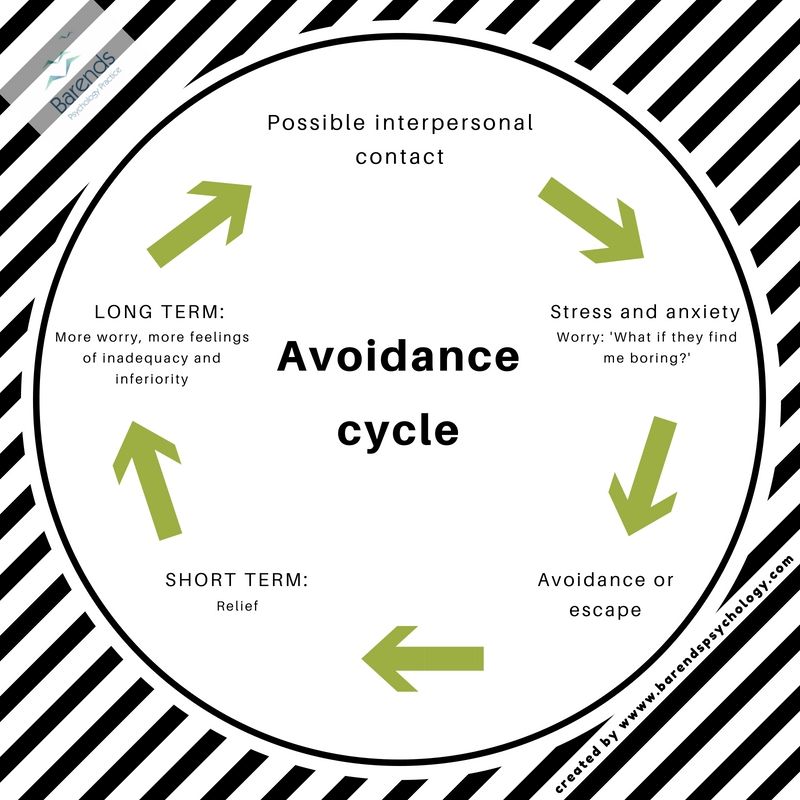
- Impulsive behavior, propensity to take risks. Gambling, reckless driving, unsafe sex, alcohol abuse, overeating, drugs.
- Sabotage of success. Sudden unreasonable rejection of positive relationships, good work.
- Self-mutilation, suicidal tendencies. Often occur in response to separation anxiety or partner rejection.
- Sudden mood swings lasting from several hours to several days. Vivid, hypertrophied emotions: happiness, anxiety, shame and irritability.
- Constantly accompanying feeling of emptiness, lack of interest in what is happening.
- Aggression - strong anger, cruel sarcastic remarks to interlocutors, fights.
Causes and risk factors
As with other mental health problems, the causes of borderline personality disorder are not fully understood. In addition to circumstances such as childhood abuse or neglect, borderline personality disorder may be associated with the following factors.
- Genetics.
 Studies involving twins and their relatives suggest that BPD may be inherited and be part of a mental health complex [3].
Studies involving twins and their relatives suggest that BPD may be inherited and be part of a mental health complex [3]. - Anomalies of the brain. Several studies have confirmed changes in certain parts of the brain involved in the regulation of emotions, especially impulsivity and aggression [4]. Patients with BPD may have malfunctions in the regulation of chemicals, such as the production of serotonin, which affects mood.
Is there a cure for borderline personality disorder
BPD is difficult to treat. But with the help of modern, evidence-based therapies, people with the disorder can be helped to manage their symptoms and improve their quality of life. It is good if the treatment is carried out by a licensed doctor who specializes in this disease. Sometimes the patient will need to interact not only with a psychiatrist, but also with a social worker who will help to adapt in the absence of loved ones.
The doctor usually conducts an interview and discusses the person's symptoms. Then there is a thorough medical examination and testing, which allows you to exclude other diseases. Comorbid disorders can make BPD difficult to diagnose and treat, especially if their symptoms overlap. For example, a person may show signs of depression, bipolar disorder, anxiety, substance use problems, or eating disorders. If a patient with borderline personality disorder does not receive proper treatment, they are more likely to develop chronic illnesses. And not only mentally, but also physically - patients with BPD tend to make choices in favor of an unhealthy lifestyle and self-harm.
Then there is a thorough medical examination and testing, which allows you to exclude other diseases. Comorbid disorders can make BPD difficult to diagnose and treat, especially if their symptoms overlap. For example, a person may show signs of depression, bipolar disorder, anxiety, substance use problems, or eating disorders. If a patient with borderline personality disorder does not receive proper treatment, they are more likely to develop chronic illnesses. And not only mentally, but also physically - patients with BPD tend to make choices in favor of an unhealthy lifestyle and self-harm.
Psychotherapy is the first line of treatment for a person with BPD. It can take place both individually and in a group. The second option helps the patient to interact with other people and express himself in society. Most often, the doctor uses one of two therapy options, or combines them:
- Dialectical Behavioral Therapy (DBT). It uses the concepts of awareness and acceptance of the current situation and emotional state.
 DBT also teaches skills to control and reduce self-destructive behavior.
DBT also teaches skills to control and reduce self-destructive behavior. - Cognitive behavioral therapy (CBT). This type of assistance allows you to identify and change the core beliefs that underlie inaccurate acceptance of yourself and others, as well as problems associated with communication.
Because their benefits are unclear, medications are not commonly used as the primary treatment for borderline personality disorder. However, in some cases, a psychiatrist may recommend remedies to treat certain symptoms, such as controlling mood swings and depression. The psychotherapist should specialize in borderline personality disorder, that is, receive additional education in this area.
How to communicate with a person with BPD
People with BPD are often very suspicious and vulnerable. They need support, and it is important for them to realize that they have someone to turn to in case of exacerbations. Eliza Gordezki, a writer, artist and queer feminist with BPD, has developed a manual for interacting with people who have been diagnosed with BPD [5].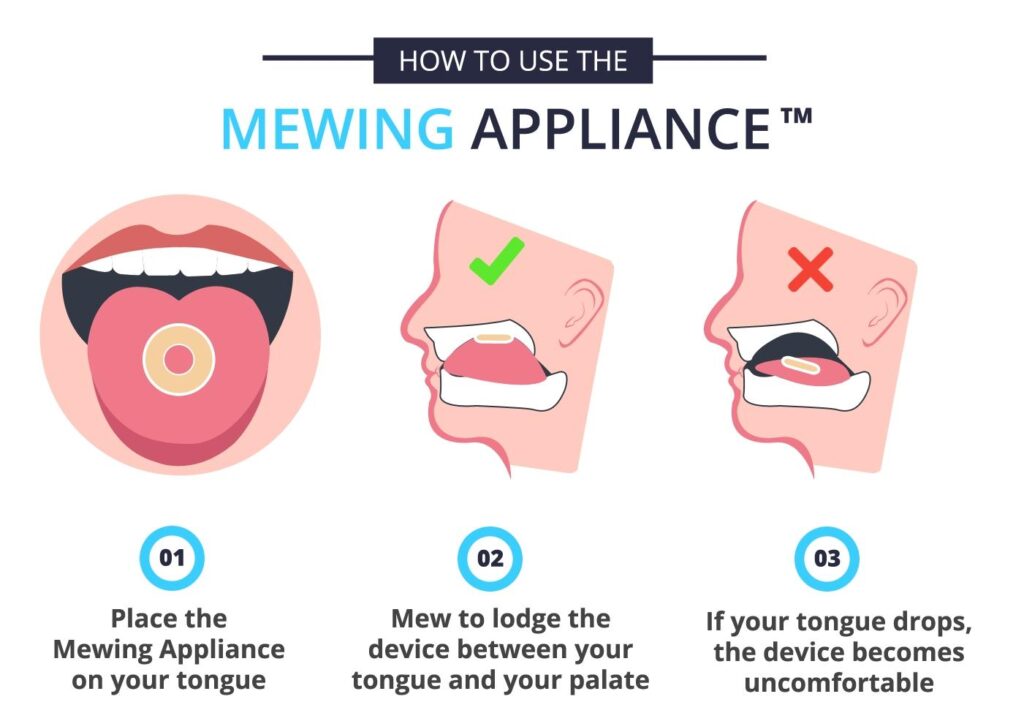 Here are the main recommendations.
Here are the main recommendations.
Tell loved ones that you will take care of them
People with BPD tend to think that if they don't hear this confirmation, then others around them are indifferent. Suitable phrases:
- "Just writing to you to tell you I care about you."
- "I wanted you to know that I'm thinking of you right now."
- "I love having you in my life and I wanted to make sure you knew that."
Take an interest in well-being and affairs
For people with BPD, this is a vicious circle: they are afraid of being rejected, so they do not share their experiences in order to eliminate the risks of negative reactions from others. Asking how you are doing is a good strategy for making contact.
- “Hi, how are you?”
- “I saw you posted a sad post on Facebook. I wanted to make sure you were okay."
Soften bad news with support and sympathy
When you tell your loved one some unpleasant information, try to remind him that he is important to you and that you will support him in any case. A person with BPD needs to be aware that his feelings are taken into account and not perceived as something feigned.
A person with BPD needs to be aware that his feelings are taken into account and not perceived as something feigned.
- "It's not easy for me to support you in this crisis, but I need to know what to do to make it easier for you to deal with it."
Match words
Marsha Linehan, who developed the Dialectical Behavior Model (one of the most common treatments for people with BPD), uses specific vocabulary in her manuals [6]. Rather than characterize a person or their actions with judgmental words, she prefers adjectives such as "efficient, skillful, and wise" (or the reverse, "inefficient, inept, and unwise"). These words separate a person from his behavior, they name qualities that can be changed. If someone is being violent, negative, or insulting, you can say something like:
- “I can see you're upset. I understand why you are upset, but these actions are very inefficient and will not bring you the desired results. Let's think together how we can achieve greater sense and achieve the desired prospects.

Compare this phrase with those that many people are used to using in similar situations: “It's not normal if you react like that!”, “It's impossible to communicate with you, there is too much drama”, “Why are you overreacting? You are always so sensitive!”
© Pavel Danilyuk/Pexels
Be attentive to triggers
The only way to determine what is bothering a loved one is to ask and observe. Among people with BPD, two triggers are common (eng. trigger - a reason, a trigger; in psychology - an irritant that causes a certain reaction) - to be thrown and to be rejected. Simple situations that most people are used to can cause a strong negative reaction with borderline personality disorder. For example, if you reschedule a meeting or began to devote more time to other things, did not respond to a message for a long time, or forgot to call. Of course, changing plans is normal, but when communicating with a person with BPD, it is worth taking a little time to explain your actions to him:
- “I remember that we planned to meet on Friday and have dinner together, and I'm sorry, but I have to cancel this meeting.
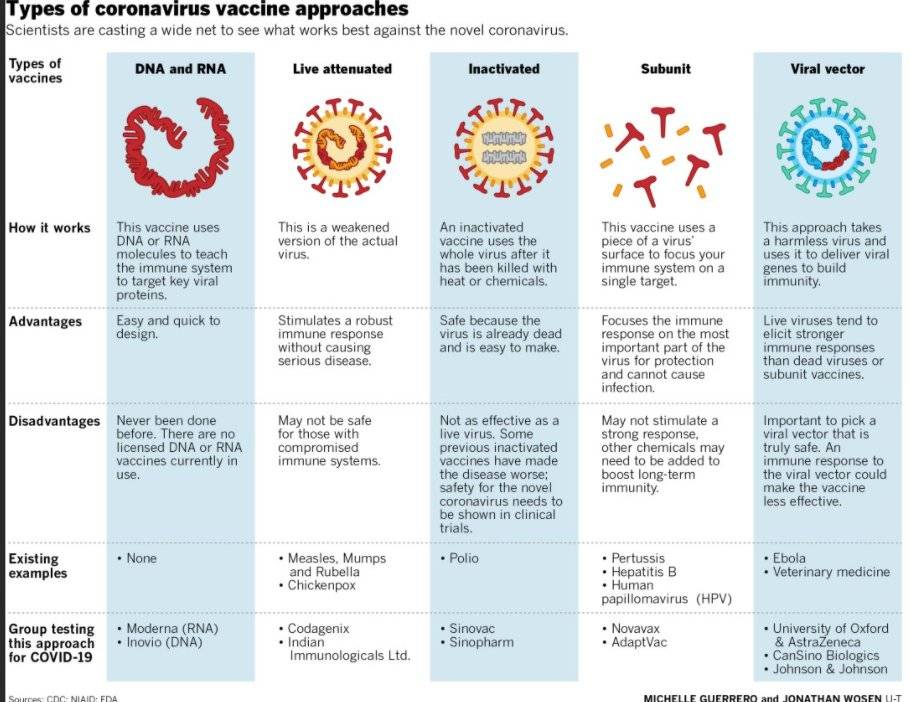 I was assigned to make an urgent report, and I will be at work all evening. It will be great if, along with the cancellation of plans, you offer a quick alternative: “But I really want to spend time with you! Maybe we can meet on Saturday for lunch?
I was assigned to make an urgent report, and I will be at work all evening. It will be great if, along with the cancellation of plans, you offer a quick alternative: “But I really want to spend time with you! Maybe we can meet on Saturday for lunch?
Repeat and confirm
People with BPD need to be reminded of your positive attitude. Frequent reinforcement and support is an important part of their well-being and confidence in the world. Be patient and focus on good moments, convince your loved one if he breaks into negative emotions, even if it seems to you that they are unreasonable. For example, your friend is upset that they don't reply to a message. At this point, he may seriously believe that the interlocutor hates him. Inform that this is not the case, most likely, the person is just busy, he will definitely write or call as soon as he has time.
What works well for one person may not work for another, so it's always best to talk to your loved ones and ask what they need.
Expert comment
Andrey Yudin, psychologist, Gestalt therapist, co-founder of Stemning Gestalt Center
It is not always possible to build relationships with a person with BPD [7]. But if it's not a destructive abusive relationship and it's important for you to keep the relationship going, you need to put in a lot of effort. First of all, set boundaries - when you can come or call, whether you can shout. Sometimes it can take years to rebuild, especially when it comes to older relatives. It will take a lot of labor and therapeutic support.
Borderline personality disorder is one of the three basic personality disorders in modern psychotherapy, the other two being schizoid and narcissistic. BPD is the most well studied and isolated, it is in the public eye due to its clinical manifestations. The disorder is included in the ICD-10, but the difficulty lies in the lack of uniform criteria for the diagnosis. There are three obvious signs of borderline personality disorder:
- The person does not take care of himself.
 For example, he does not visit doctors, while experiencing guilt and shame for his choice. This factor applies to both hygiene and personal relationships.
For example, he does not visit doctors, while experiencing guilt and shame for his choice. This factor applies to both hygiene and personal relationships. - Approach speed. People with BPD tend to quickly make contacts and just as quickly become disillusioned with new acquaintances, friends, and romantic relationships.
- Extreme fear of rejection. If a person is afraid of being abandoned, being rejected by relatives, friends or partners, then this is a clear sign of BPD.
With BPD, there is a clear lack of self-activation - inducing oneself to some kind of action. At the same time, it is difficult for a person to explain to himself why he cannot do this. Trying to rouse himself to action, he begins to worry. Borderline personality disorder begins in childhood, between 16 and 24 months. It is often the result of severe abuse, physical, emotional or sexual abuse, or a parent's negative response to a child's need for emotional closeness. In the case of premature separation, a mental structure is formed from two separate parts, which normally should be integrated into each other, but in BPD these are two separate modules.
BPD is often associated with drug addiction. Suffering, feelings of frustration, dissatisfaction encourage a person to chemically regulate his emotional state. This is alcohol, and drugs, and self-damaging behavior, and not only in relation to the body. For example, a person can spend all the money on payday.
With regard to BPD during adolescence, for this stage of human development, many of the "symptoms" are actually normal behavior. Severe emotional experiences, dulling the sense of self-preservation, experiments with substances and partners. But from the age of 16-18, when the transitional stage has been passed, the persistence of these signs may be a reason to contact a specialist.
Those close to people with BPD face, first of all, their emotional instability. The biggest difficulty is the chaotic influence on the lives of others. If a person with a narcissistic disorder extends his suspiciousness to the assessments of others, then with BPD people tend to have a different focus - love / not love, rejection / acceptance. A person may try to return the location of the partner or play ahead of the curve - break off the relationship, if he assumes that he may be abandoned. People with BPD may become abusers because of the unbearable emotional experiences they are trying to change in this way.
A person may try to return the location of the partner or play ahead of the curve - break off the relationship, if he assumes that he may be abandoned. People with BPD may become abusers because of the unbearable emotional experiences they are trying to change in this way.
In the professional field, BPD can be suspected, for example, in rock stars. Moreover, the presence of such a feature for people in this profession will even be a plus. There will be a lot of life and pain in their work, it is very sincere and can be healing for other people.
If you encounter a person with BPD at work—a boss, a colleague, a subordinate—they are likely to have fairly loose boundaries because they find it difficult to set and maintain them. This may be a person who perfidiously treats other people's borders or, conversely, distances himself and avoids communication. People with BPD are very successful. Such bosses have reactive behavior, chaos in the department, and many will be uncomfortable. But there are qualities in BPD that are good for management: empathy, intuition, even being aggressive can be an asset for career advancement.
But there are qualities in BPD that are good for management: empathy, intuition, even being aggressive can be an asset for career advancement.
The diagnosis and treatment of borderline personality disorder requires a specific set of skills that are not taught in psychology departments, at least not in basic education programs. Most psychologists do not have such qualifications; a maximum of 10% of practicing specialists have it. Therefore, educational work is especially important so that people can find the understanding and support that are so needed. The peculiarity of therapy for BPD will be directed to the very two modules of consciousness (patterns) of the patient. A person with BPD may go to the doctor from their positive childhood pattern and talk about how well the treatment is working. He does this because he is used to being held in relationships in this way, he has learned that he must give positive emotional nourishment "so as not to be abandoned." The therapist must frustrate this pattern, help to go beyond it.




